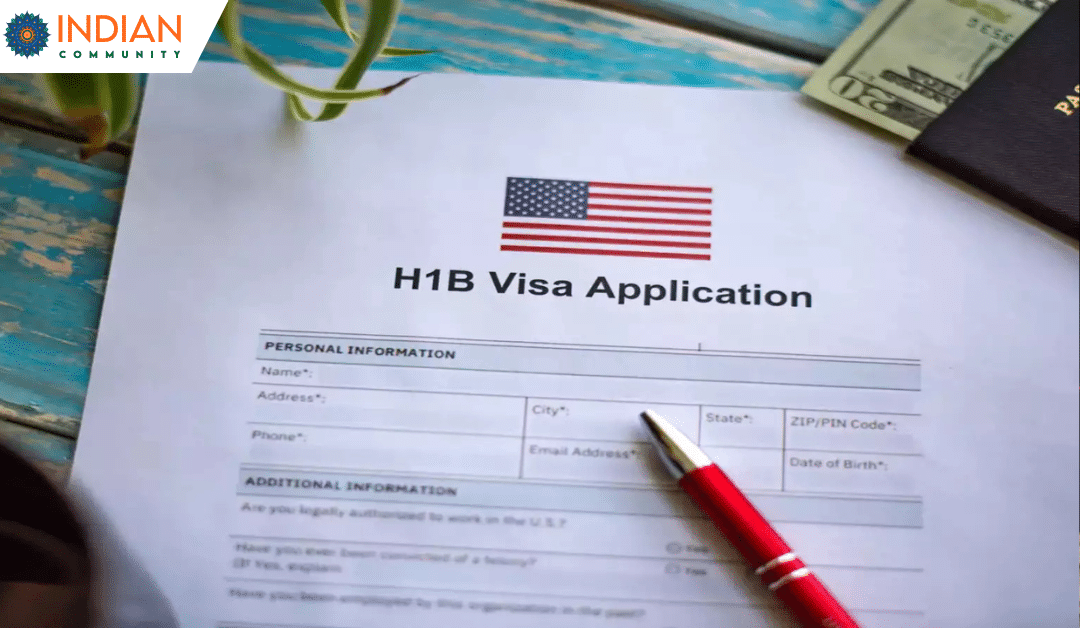US to Extend Work Permits for H-1B Spouses by Up to 540 Days

In a significant update for families of H-1B visa holders, the U.S. government has announced that spouses of H-1B workers, holding H-4 visas, will now have their work permits automatically extended for up to 540 days. This change is a crucial relief for many families who have been grappling with delays in work authorization renewals due to long waiting times in the immigration process.
Previously, many spouses of H-1B visa holders faced the uncertainty of waiting for their work permits to be renewed, leading to significant financial and professional strain. With this new policy, H-4 visa holders can continue their jobs without interruption, which is particularly beneficial for spouses working in fields requiring specialized skills, such as technology, healthcare, and education. The extension will automatically apply to those who have already been in the U.S. for extended periods, providing them with more job security while waiting for their Green Card applications to be processed.
This new move is part of the U.S. government’s ongoing efforts to make the immigration process more efficient and supportive of families who contribute significantly to the workforce. The change is expected to positively impact the economy, as it allows the spouses of H-1B workers to continue contributing their expertise, skills, and talents to their respective industries.
Furthermore, the U.S. has recognized the need to address the challenges faced by immigrants and their families, particularly those in specialized fields. By extending work permits for spouses, the U.S. aims to create a more inclusive environment for skilled workers and their families, fostering better job security, productivity, and integration into American society.
This move is especially significant for the tech industry, where many H-1B workers and their spouses are employed. It ensures that the professionals who are integral to the country’s technological advancements can remain in the workforce, benefiting both the companies they work for and the U.S. economy as a whole.


No Responses